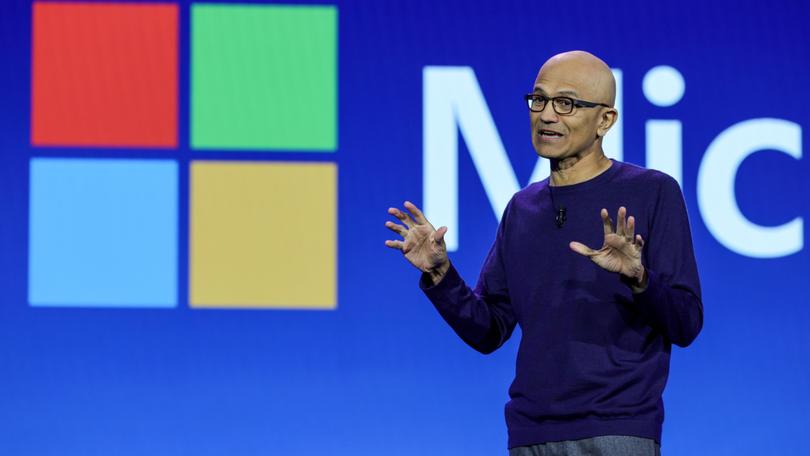Microsoft announces they are bringing AI to the Surface without an internet connection
Microsoft is touting new computers with advanced chips designed to run artificial intelligence features of software for Windows, without quickly using up battery life.

Microsoft is touting new computers with advanced chips designed to run artificial intelligence features of software for Windows, without quickly using up battery life.
The company has announced a Surface Laptop and a Surface Pro tablet with a Qualcomm chip that can run some AI tasks without an internet connection. Other computer makers like Lenovo, Dell, HP, Asus, Acer and Samsung are also launching AI-ready PCs powered by Qualcomm’s Snapdragon X Elite and X Plus processors, which promise longer battery life and will run Microsoft’s Copilot AI chatbot.
Device makers will release PCs with AMD and Intel chips that will adhere to the Copilot+ standard at a later time, Microsoft said during a press keynote address on its campus in Redmond, Washington. The PCs will be able to translate audio, recommend responses to incoming messages and suggest changes in the Settings app, and even talk with people about what’s on screen.
Sign up to The Nightly's newsletters.
Get the first look at the digital newspaper, curated daily stories and breaking headlines delivered to your inbox.
By continuing you agree to our Terms and Privacy Policy.Copilot+ PCs will start at $US999. Microsoft is accepting pre-orders, and the devices will become available in June.
A Recall feature will be able to search through a log of previous actions on PCs. Recall relies on AI models that run directly on the device, so it can run offline, and an index of the data never goes to remote servers. AI models will be able to generate images based on written descriptions as well as drawings.
Microsoft is banking on Qualcomm’s energy-efficient Arm-based chips that can handle AI models to defend its Windows franchise. Apple has gained market share in PC shipments with MacBooks containing its Arm-based chips, having moved away from Intel, the top provider of computer processors.
Microsoft is expanding its effort to surround consumers and business users with ChatGPT-like capabilities. OpenAI, backed by Microsoft, released the ChatGPT chatbot in late 2022, and it took off as a tool for quickly obtaining computer-generated poems, email drafts and summaries of historical events.
Other large technology companies, including Microsoft, soon started augmenting their products with generative AI. A Copilot chatbot drawing on ChatGPT’s underlying AI models came to the Bing search engine, along with the Windows 10 and 11 operating systems. Those with Office productivity software subscriptions could pay extra to have a Copilot refer to their documents for written responses.
The GPT-4 model inside ChatGPT has only done its necessary computing work in Microsoft’s Azure cloud. The new PCs can run some AI models locally without an internet connection.
The launch comes nearly four months after Microsoft CEO Satya Nadella told analysts on the company’s earnings call that “in 2024, AI will become a first-class part of every PC.”
Microsoft has had little success in getting people to adopt Arm-based Windows computers, which haven’t always performed as well as PCs running Intel or AMD chips. Certain applications have been incompatible.
Running generative AI locally means computers will need more power, and strong battery life becomes more critical. That might make Windows on Arm more compelling.
Analysts with Morgan Stanley expect Arm systems to be 14% of all Windows PC shipments in 2026, up from 0% in 2023, according to a note distributed to clients earlier this month.
